Tuesday, February 21
7:00 – 8:30 am
Breakfast
8:30 – 8:45 am
Welcome Announcements

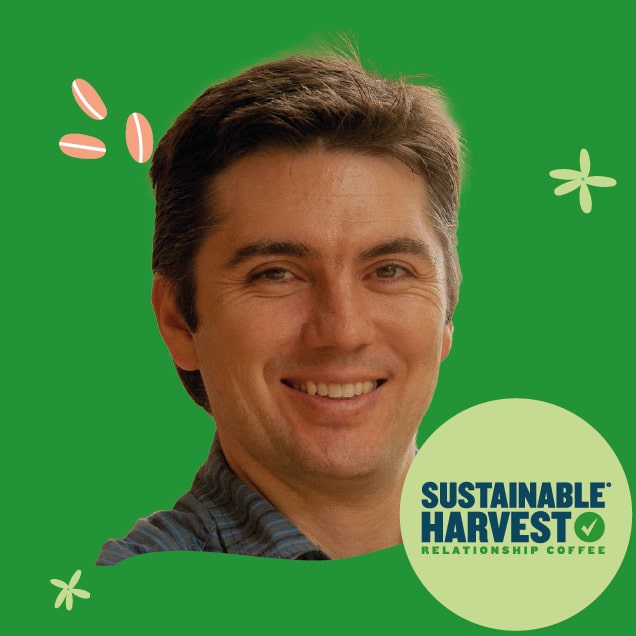
8:45 – 9:45 am
What is the Future of this Coffee Market?
Market Access
Panelist (s): Albert Scalla, Senior Futures & Commodity Trader, StoneX.
Moderator: Jorge Cuevas, Sustainable Harvest
This year, the coffee market rose to peak prices not seen in decades, only to come crashing back down to prices that, for washed arabica producers, fall below their current costs of production. The ebbs and flows of the C market have impacted all stakeholders in the coffee supply chain, with no quick solution in sight. With such volatility, producers and buyers alike are looking for answers on how to make ends meet. Business relationships are becoming more challenging across supply chains as economics take a toll on the ability to buy and sell coffee. With a global recession on the horizon, we are entering peak harvest season in Central America. What happens next? But beyond the C market, what are the expectations for consumer demand as the world begins to face an economic recession?
During this session, we’ll hear from two expert coffee minds – one from the physical and financial side of coffee and the other from the demand and consumption trends side. They will provide an up-to-date financial and data-driven narrative of what to expect from the future of the coffee market in terms of prices and consumption trends globally.
What you’ll learn:
- A better understanding of the current coffee market drivers and best risk management practices.
- Insights into the consumer demand by major countries and globally.
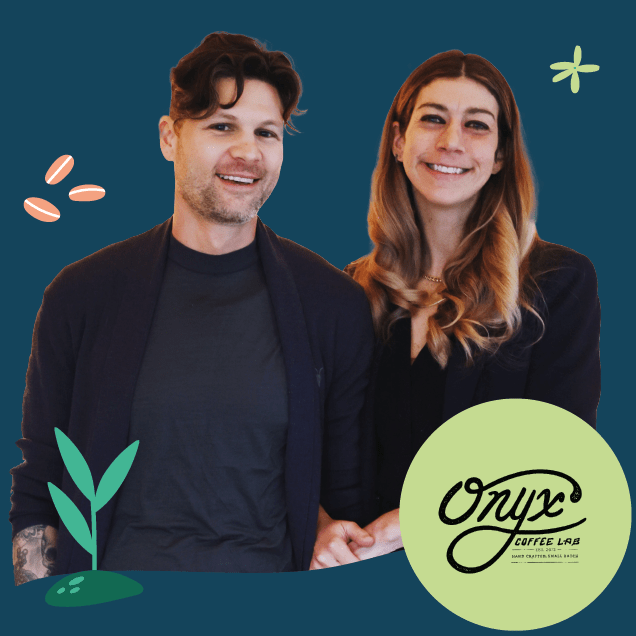
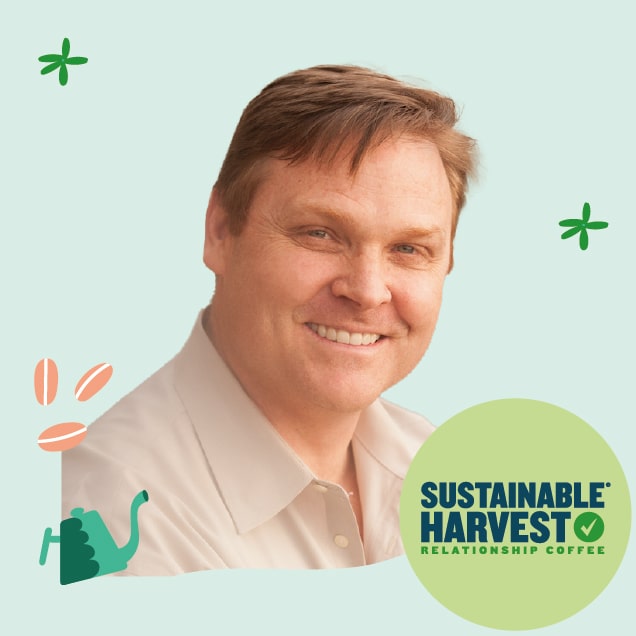
9:45 – 10:30 am
How did we Build the Onyx Model?
Brand Building & Marketing
Panelist (s): Andrea and Jon Allen, Onyx Coffee Lab
Moderator: David Griswold, Sustainable Harvest
Over the last 10+ years, Onyx Coffee Lab has become one of the specialty coffee community’s most well-known models and brands. Their “Never Settle for Good Enough” mantra has led them to buy, roast, and serve some of the most unique coffees from across the globe. Today, Onyx sells roasted coffee, equipment, and other goods online and in-store. They also offer coffee education via the Onyx Academy, covering topics such as sourcing, roasting, and brewing. Committed to the environment, they only use sustainable materials that are compostable and plant-based, in addition to implementing a carbon-neutral roastery.
What you’ll learn:
In this session, we’ll hear from Andrea and Jon about how they built – and continue building – the Onyx brand and community. More importantly, we’ll explore how this model could be replicated in origin countries to promote domestic consumption of specialty coffee.
10:30 – 11:00 am
Onyx Coffee Break

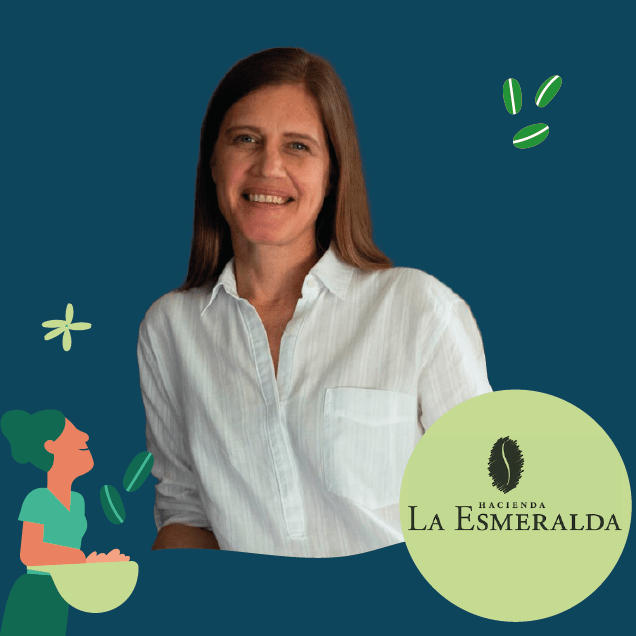
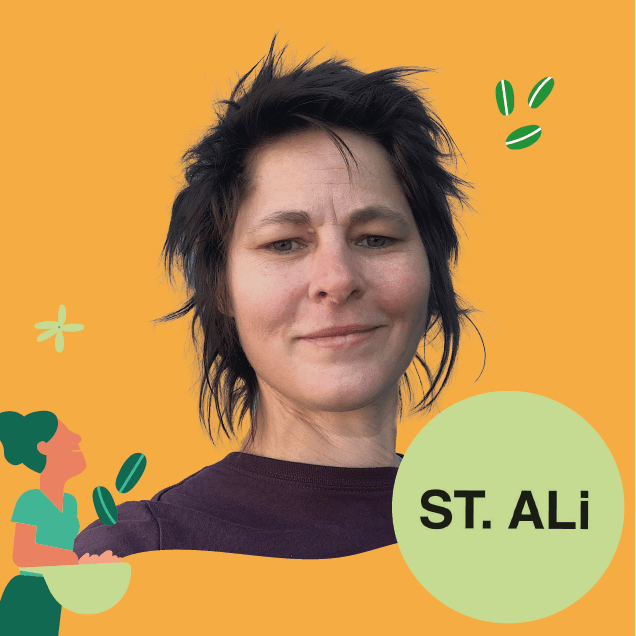
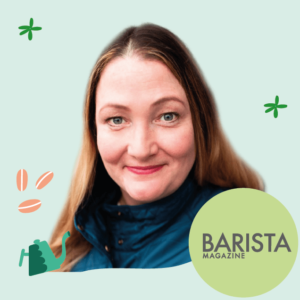
11:00 am – 12:00 pm
Women Leaders In Specialty Coffee: From Processing and Sourcing, to Marketing and Reporting
Innovation
Panelist (s): Rachel Peterson, Hacienda La Esmeralda; Fátima Ismael, Uca Soppexcca, Lucy Ward, ST. ALi Coffee Roasters
Moderator: Sarah Allen, Barista Magazine
Many people in our industry are now aware that one of the fastest-growing trends in specialty coffee is new processing methods with fanciful names like “hydro honey” and “carbonic maceration.” What is not so well known is the role that women have historically played in the development of these methods. Sarah Allen, editor of Barista Magazine, will lead a panel of coffee processing pioneers with Panama’s Rachel Peterson and Nicaragua’s Fátima Ismael: what processes have they implemented, what are they experimenting with, and how it’s done in practice. They are joined by green coffee buyer Lucy Ward of Australia’s St. Ali’s Coffee to get the consumer reaction to these new models and the role these women have had in changing the specialty coffee industry.
What you’ll learn:
Participants will learn how to implement experimental coffee processing, its impact on costs and price, and how to market it – whether producers selling processed coffee to roasters or roasters marketing to consumers. Brewed coffee samples will allow the audience to experience the “process” for themselves!
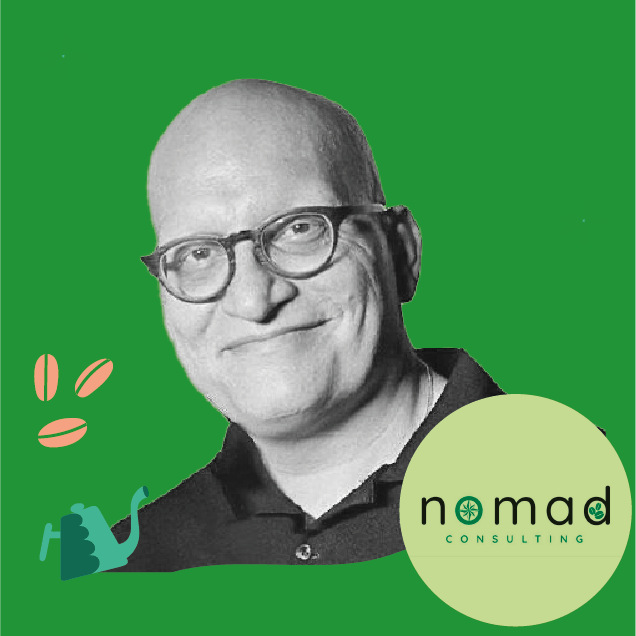
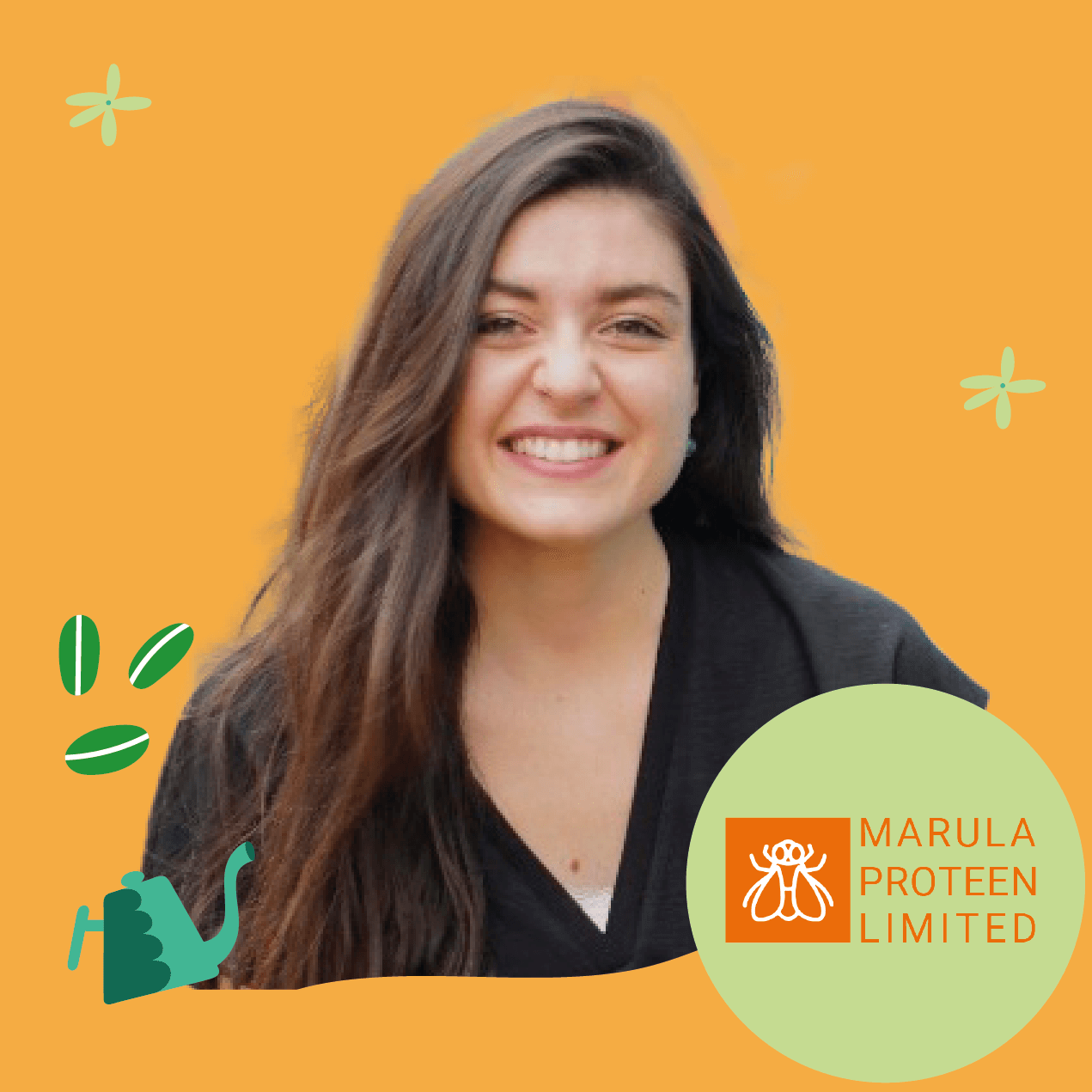

12:00 – 1:00 pm
How do You Brand it?
Innovation
Presenter (s): Cosimo Libardo, Nomad Coffee Consulting; Ludivine Berouard, Marula Creative Consultancy; Carlos Guerra, Hacienda & Café San Rafael.
In today’s world, branding is the key ingredient in any good sales pitch. Whether you’re a roaster selling coffee to consumers, or a producer group selling coffee to a green buyer, your brand is your selling point. During this session, audience members will learn about why branding should be a fundamental part of their business approach. Cosimo Libardo will share his approach on how to design and create “emotional revenue,” captivating emotion and sentiment in a brand. He will be joined by Next Gen leader Ludivine Berouard, known for successfully bringing a creative ad agency concept to coffee and cacao farmers in East Africa; in addition to Carlos Guerra, a café owner, barista champion and entrepreneur building a brand in Copán Ruinas. This panel will be followed by an optional hands-on workshop for Next Gen and Women entrepreneurs to look at their own brands and develop elements of emotional contract, among other strategies.
Followed by a hands-on workshop during lunch – near the main stage
What you’ll learn:
- How to look at your brand
- How to improve your brand’s emotional contract with your audience
- Hands-on practice with others to develop your brand strategy and receive feedback
1:00 – 2:30 pm
Lunch
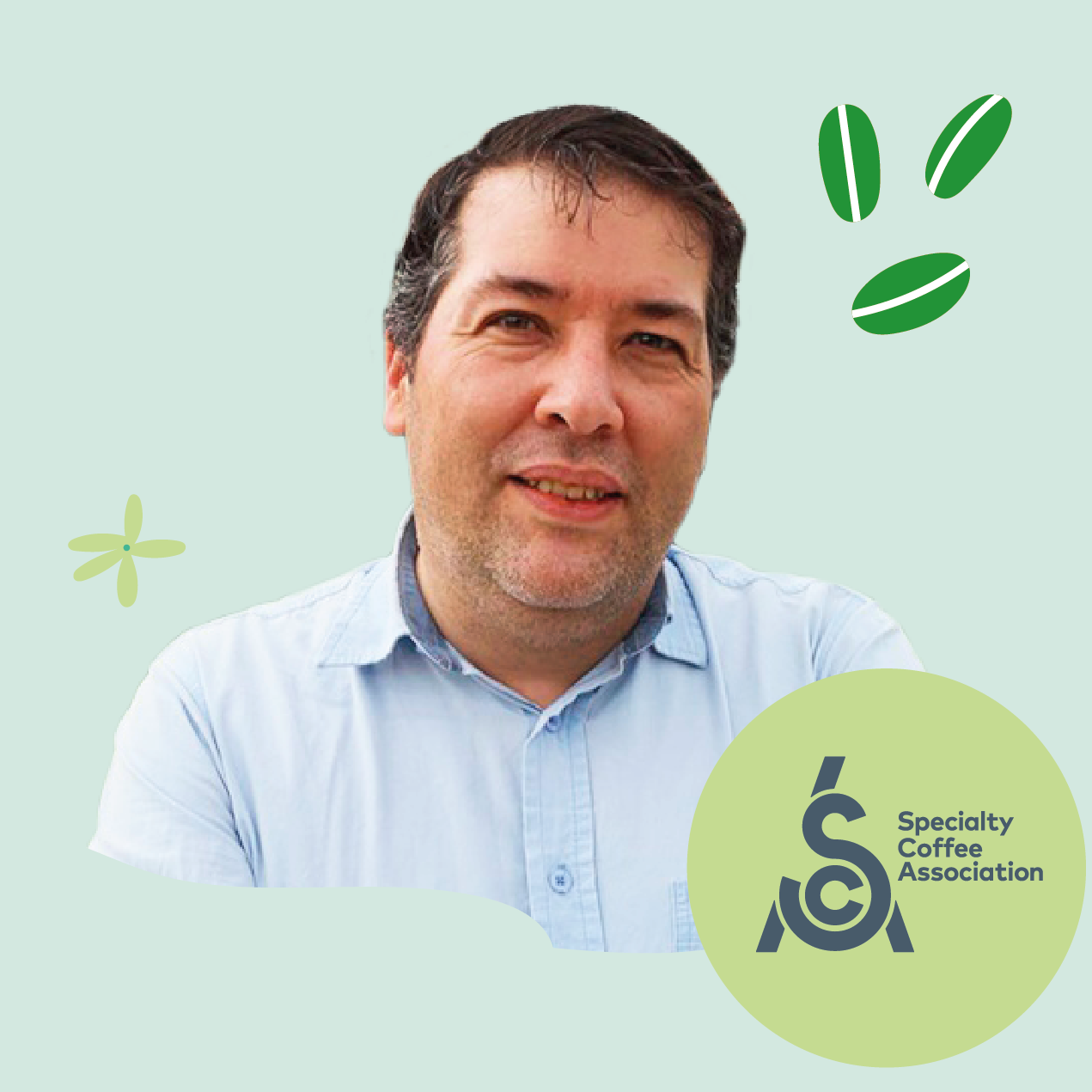
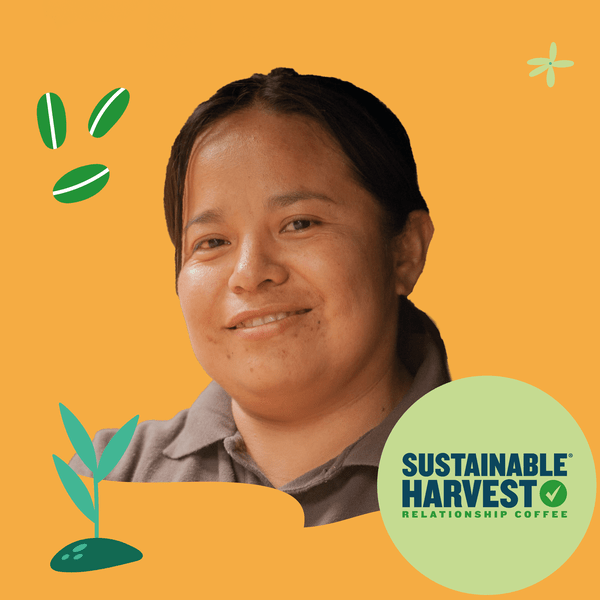
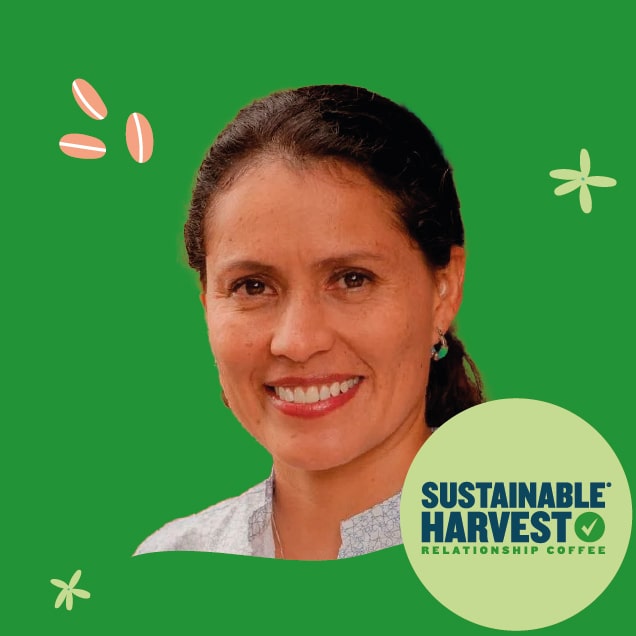
2:30 – 3:30 pm
What is the future of sensory analysis with the SCA?
Sensory science
Panelist (s): Mario Fernandez, Specialty Coffee Association; Isabel Cerqueda, Sustainable Harvest.
Moderator: Claudia Rocio Gomez, Sustainable Harvest
The role of coffee cuppers is to provide a service to the industry, which is also to help producers improve their coffee quality. By doing their work correctly, cuppers have the ability to maximize the value of the coffee that producers extract from their crop. In 2023, the Specialty Coffee Association (SCA) will introduce a new cupping form and cupping protocol as part of a new SCA coffee value assessment system. As the SCA gears up for a new sensory approach, cuppers and quality experts at Let’s Talk Coffee will be participating in a cupping workshop designed to pilot the cupping form that combines new learnings based on science and research. This panel will share some of the new findings and expert insights on the approach while also highlighting Tastify, a digital tool that will be used during the hands-on workshops, allowing participants to test the new protocols live during the event.
What you’ll learn:
This panel will provide a comprehensive overview of the new cupping protocol. Participants will learn how to be involved in the 2023 workshops and training to launch the new sensory system. It will help participants understand the path to the new SCA cupping form in comparison with the older systems. These cupping events will be the basis of an SCA White Paper in conjunction with World Coffee Research.
3:30 – 4:00 pm
Coffee Break
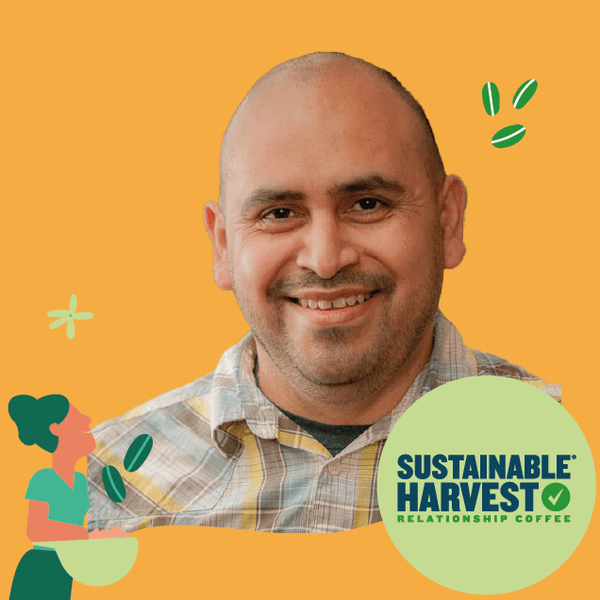

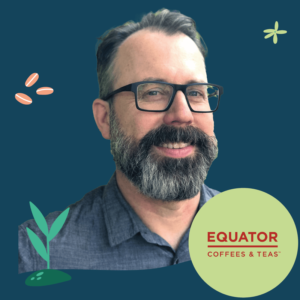
4:00 – 5:00 pm
How we Trace it?
Innovation
Panelist (s): Oscar Magro, Sustainable Harvest; Martin Löfberg, Löfbergs.
Moderator: Ted Stachura, Equator Coffee
Traceability is an increasingly important factor in global supply chains. With upcoming legislation on deforestation and human rights, certain traceability levels will be required by law. This is not only raising concerns about compliance but about costs, especially for smallholder farmers in coffee-producing countries.
During this panel, we’ll embark on a deep discussion to explore the importance of data-driven farming and traceability from the farm level onward. The panelists, pioneers in global digital supply, will give their insights on new tools and technology, satellite imagery, and mapping, in addition to cost factors, challenges, and opportunities. More importantly, the audience will see first-hand examples of how they are aiming to achieve their traceability goals here and now.
What you’ll learn:
This panel will give participants an idea of how important traceability is becoming – what new legislation will require, how companies plan to meet these requirements, and what technology is available to make it happen.
5:00 – 7:00 pm
1 x 1 Relationship Coffee Model Business Meetings
7:00 pm
Sevan’s Grill: BBQ night at Marina Copán Convention Center
Wednesday, February 22
7:00 – 8:30 am
Breakfast
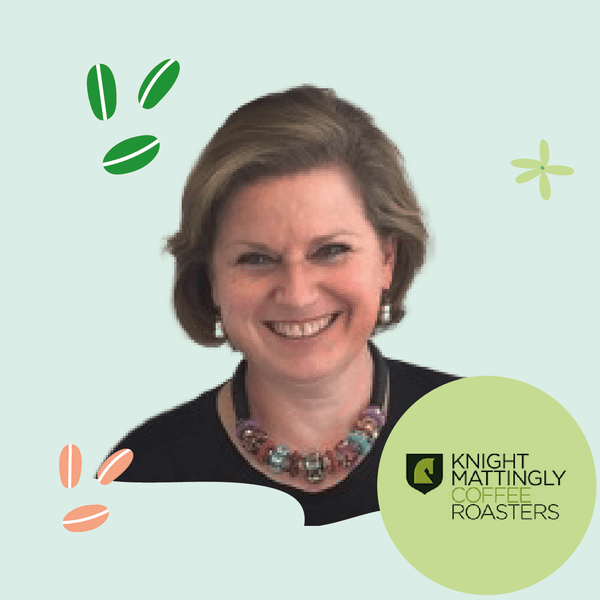

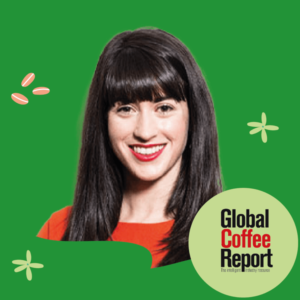
8:30 – 9:30 am
Featured Country Presentation: Australia
Brand Building & Marketing
Panelist (s): Lucy Ward, ST. ALi Coffee Roasters and Debra Knight, Knight Mattingly Coffee Roasters
Moderator: Sarah Baker, BeanScene Magazine / Global Coffee Report
One of the key questions we receive from all coffee producers is: how can we better understand how to sell to new markets? This panel of the top experts in the Australian coffee sector, led by the Editor of BeanScene Magazine, Sarah Baker, will provide an insightful look into selling coffee to Australian consumers. The roasters on the panel are among the leaders for the land down under, including specialty pioneers. They will share their insights on informative resources, market trends, consumer preferences, and marketing – all of which are few and far between for coffee producers, especially when it comes to niche markets like Australia.
What you’ll learn:
During this panel session, we’ll gather insights from Australian coffee roasters themselves – what is happening in their market, new models they’re testing in retail, what kinds of coffees are of interest to them, and how producer groups can tailor coffees to their quality-focused market.
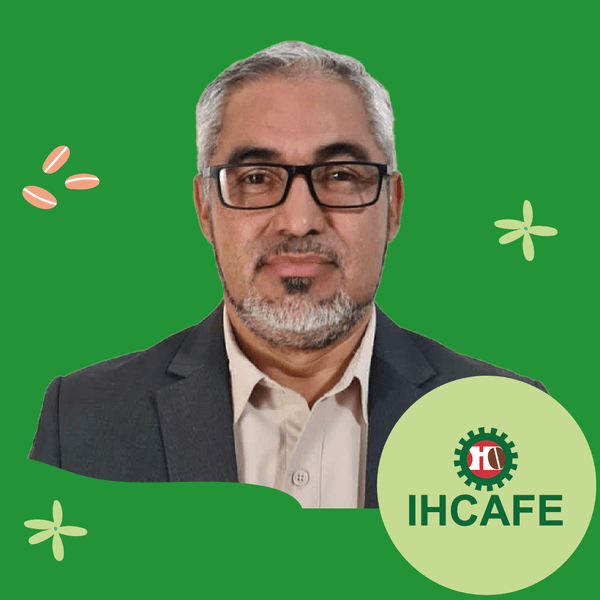
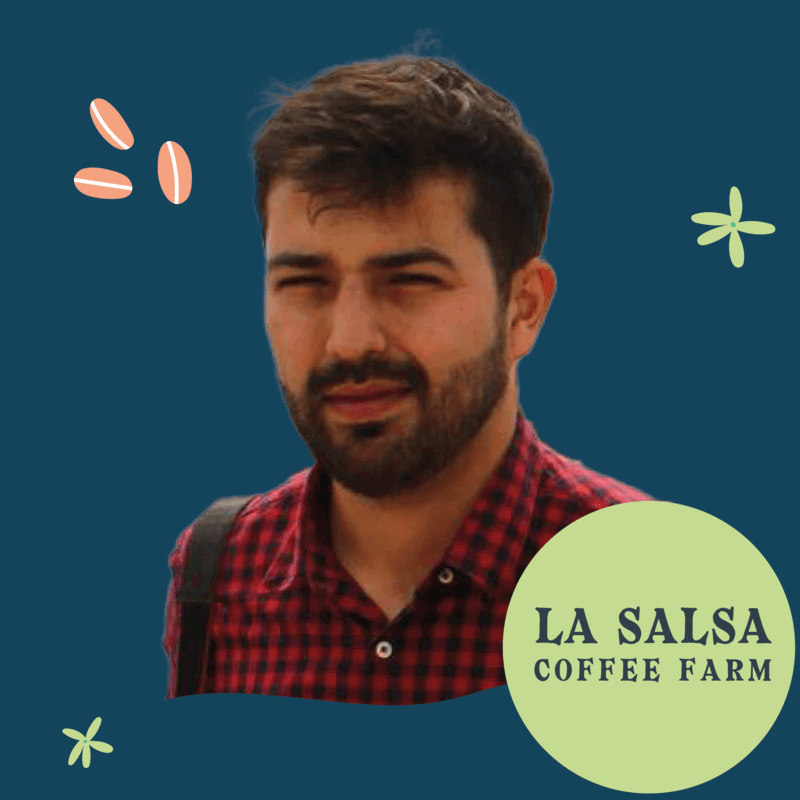
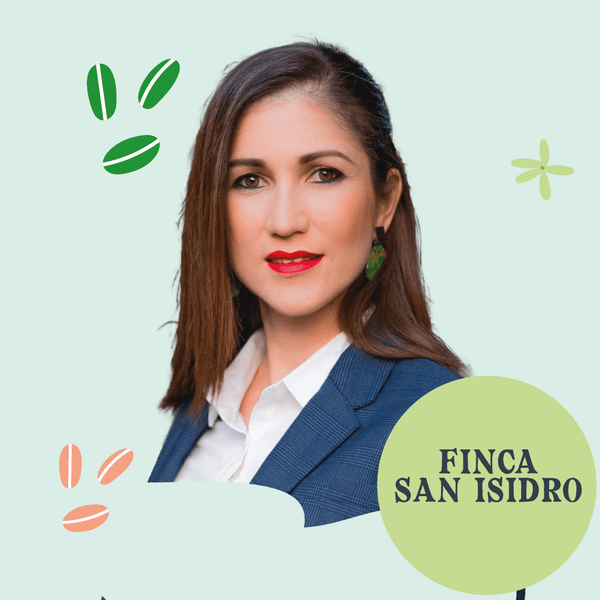
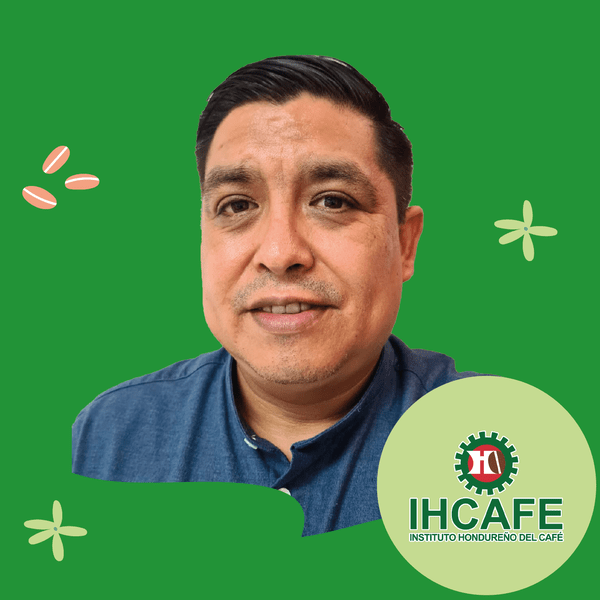
9:30 – 10:30 am
Featured Country Presentation: Honduras
Market Access
Panelist (s): Osmar Matute, IHCAFE; Benjamin Paz, La Salsa Farm; Katia Duke, Finca San
Isidro
Moderator: Nestor Meneses, IHCAFE
Many in the coffee industry do not know or realize that Honduras is one of the largest
coffee-producing countries in the world. It grew to produce 4% of the total global amount in just under a decade, making it a hidden gem. An effort is only possible with the combined forces of IHCAFE and Honduran coffee farmers. Today, Honduran farmers and entrepreneurs are innovating with new processing methods and environmental practices in the field while also creating a local specialty coffee market in Honduras.
During this panel, we’ll hear firsthand experiences from IHCAFE and Honduran coffee farmers
about how they did it and what they envision for the future.
What you’ll learn:
- We’ll learn how Honduras has differentiated itself from other producing countries in production, processing, and environmental practices
- We will explore how to grow specialty coffee and coffee consumption at origin.
10:30 – 11:00 am
Coffee Break – Honduran Coffee Roasted by Australian Roasters
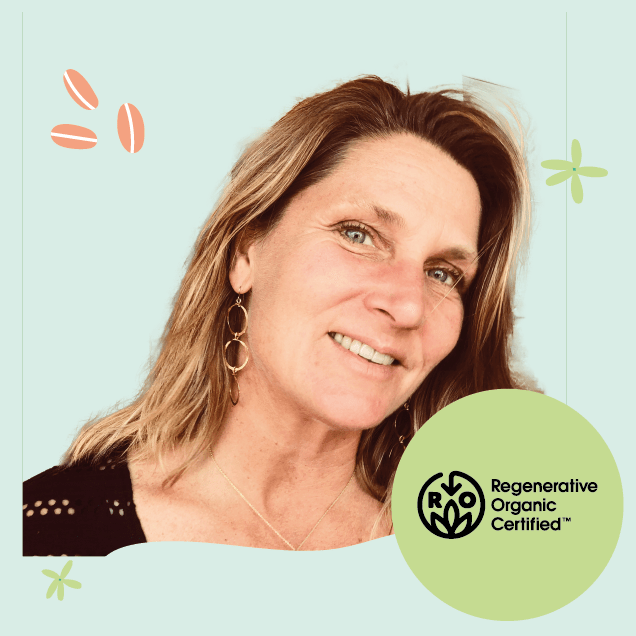
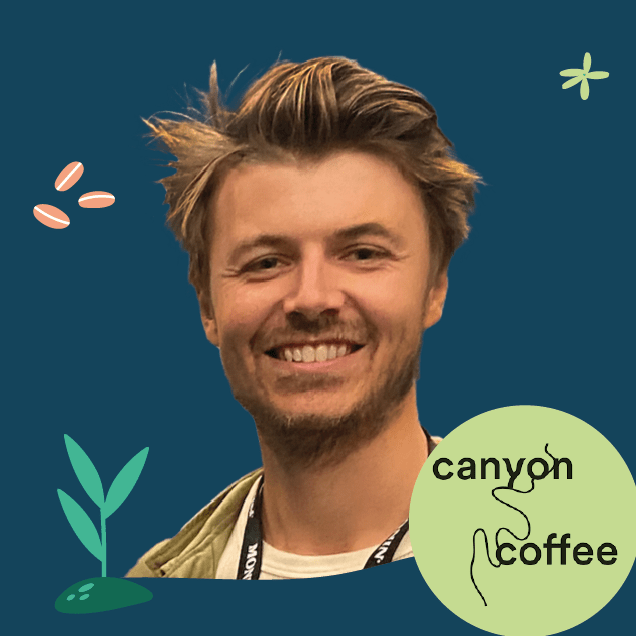
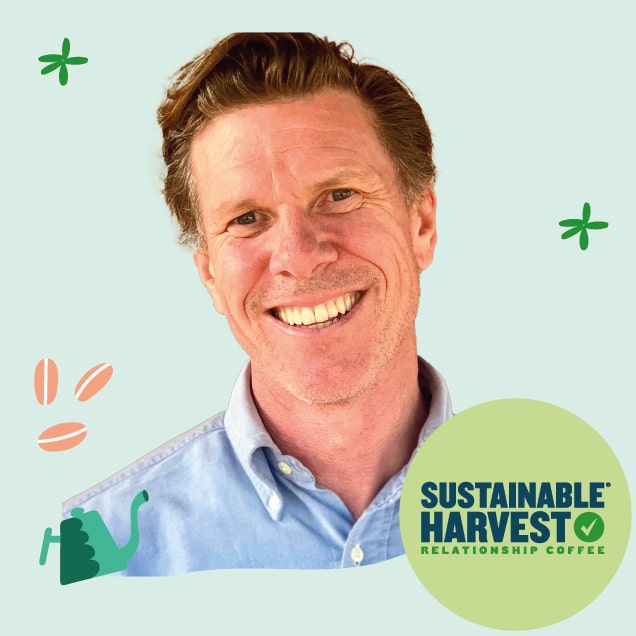
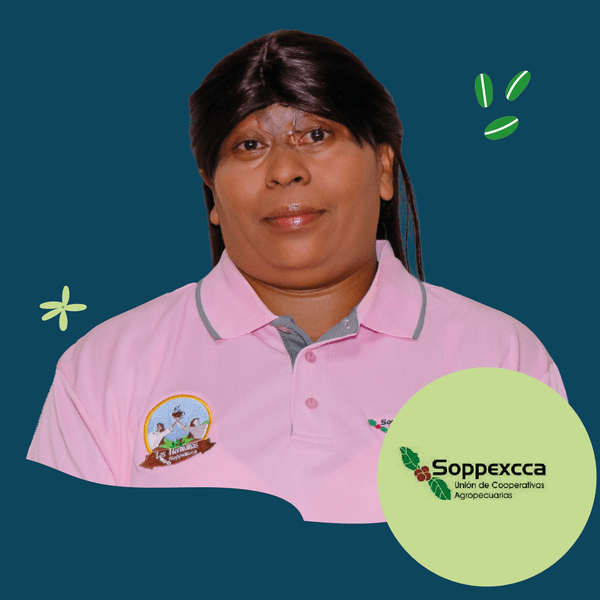
11:00 am – 12:00 pm
What is the market potential for regenerative organic Coffee?
Regenerative Agriculture
Panelist (s): Elizabeth Whitlow, Regenerative Organic Alliance (ROA); Casey Wojtalewicz, Canyon Coffee; Urania Liseth Hernandez, UCA Soppexcca
Moderator: Mark Inman, Sustainable Harvest
As the negative effects of climate change increasingly impact our lives, consumers are searching for concrete ways to do their part to reduce their carbon footprint. While there has been notable growth in the sales of home solar installations and personal electric vehicles, we are still failing to reduce the effects of our carbon output.
In 2014, The Rodale Institute produced a white paper titled “Regenerative Organic Agriculture and the Soil Carbon Solution.” This study made the case that Organic Agriculture, specifically Regenerative Organic Agriculture, can sequester carbon from the atmosphere and reverse climate change. The compelling argument became the blueprint for a new movement in agriculture called The Regenerative Organic Alliance, which, in turn, launched Regenerative Organic Certification, also known as ROC.
What you’ll learn:
In this panel, we will discuss the origins of the Regenerative Organic Alliance with the Executive Director of ROA, the difference this type of farming makes to that of traditional organic farming – from the perspective of groundbreaking producers – to develop a consumer market for ROC coffees by visionary roasters, some of the first to sell ROC certified coffees in North America. We will also learn about consumer trends, supermarket presentations (i.e. how to present ROC coffee to consumers), and the growing opportunities in regenerative organic.
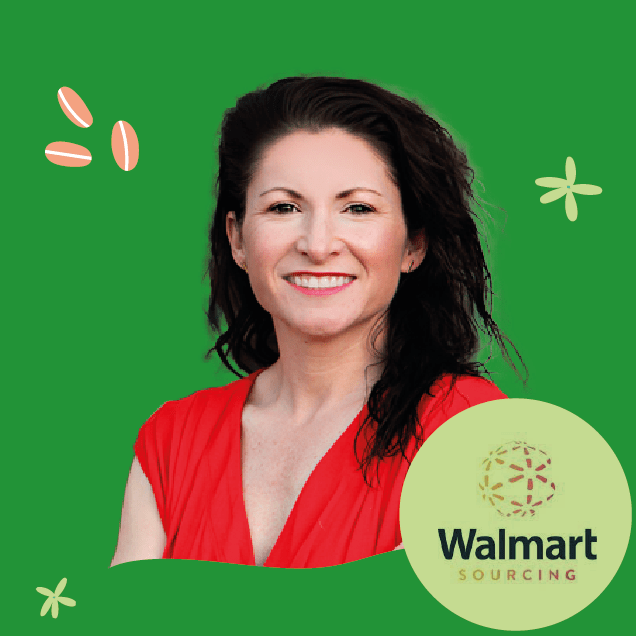
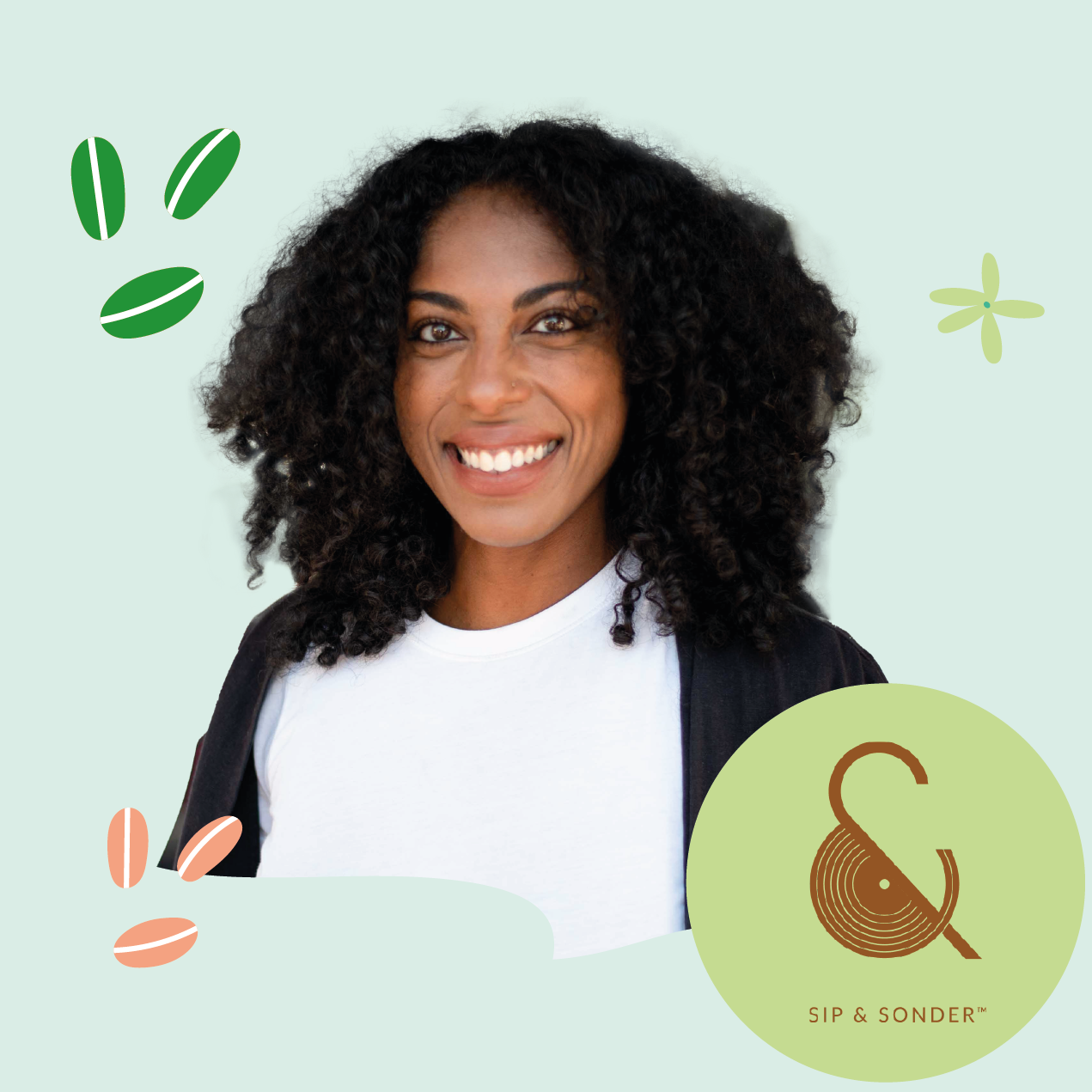
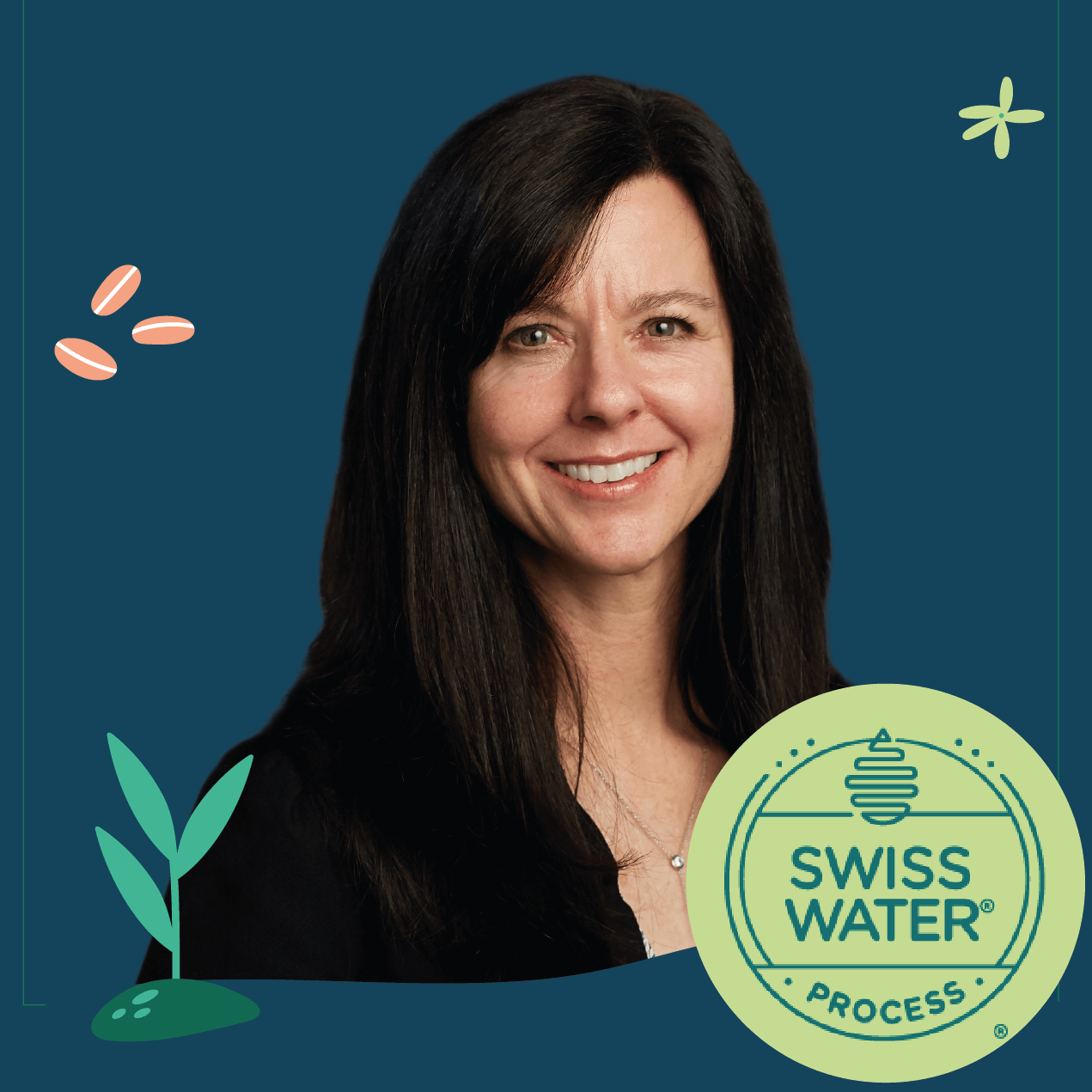
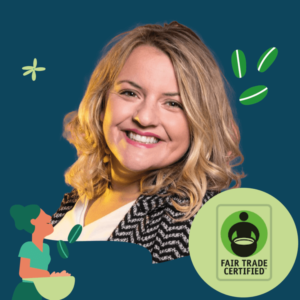
12:00 – 12:45 pm
Who is the Ethical Coffee Consumer?
Brand building & marketing
Panelist(s): Carli Rosencranz, Walmart Sourcing; Erin Reed, Swiss Water; Shanita Nicholas, Sip &
Sonder.
Moderator: Ashley Singer, Fair Trade USA
Fair Trade certifications have been around for over 25 years, with labeled products sold globally on a daily basis. Today, terms like “ecological” and “sustainable” are commonly found on many packaged goods, but what does all this really mean? Who are the ethical consumers of today going above and beyond to investigate and purchase products that are good for farmers and good for the environment?
Panelists will share insights on income diversification at farm level, the use of recyclable materials and waste byproducts, as well as other alternative ideas to make products more sustainable from the source and beyond.
Followed by a hands-on workshop during lunch – near the main stage
What you’ll learn:
Participants will learn about what consumers are looking for in a product and how they make purchasing decisions. We’ll also hear about what brands and companies are looking for – in terms of sourcing ethical products – and how they are showcasing this work to consumers.
12:45 – 2:15 pm
Lunch
2:15 – 2:45 pm
TBD
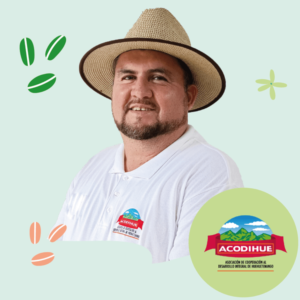
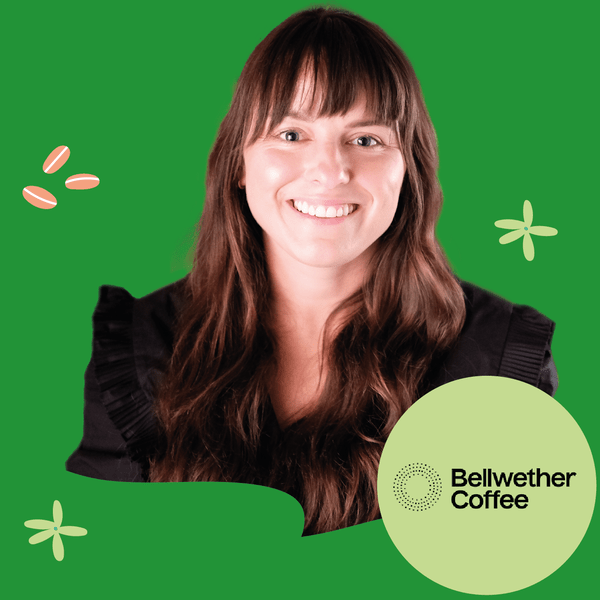
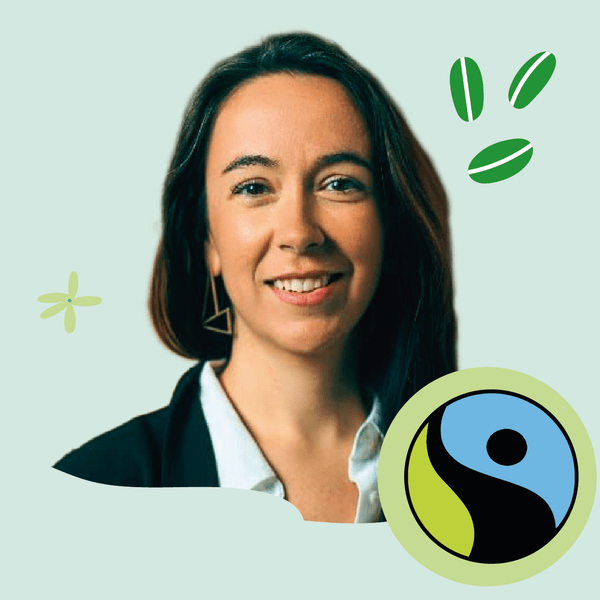
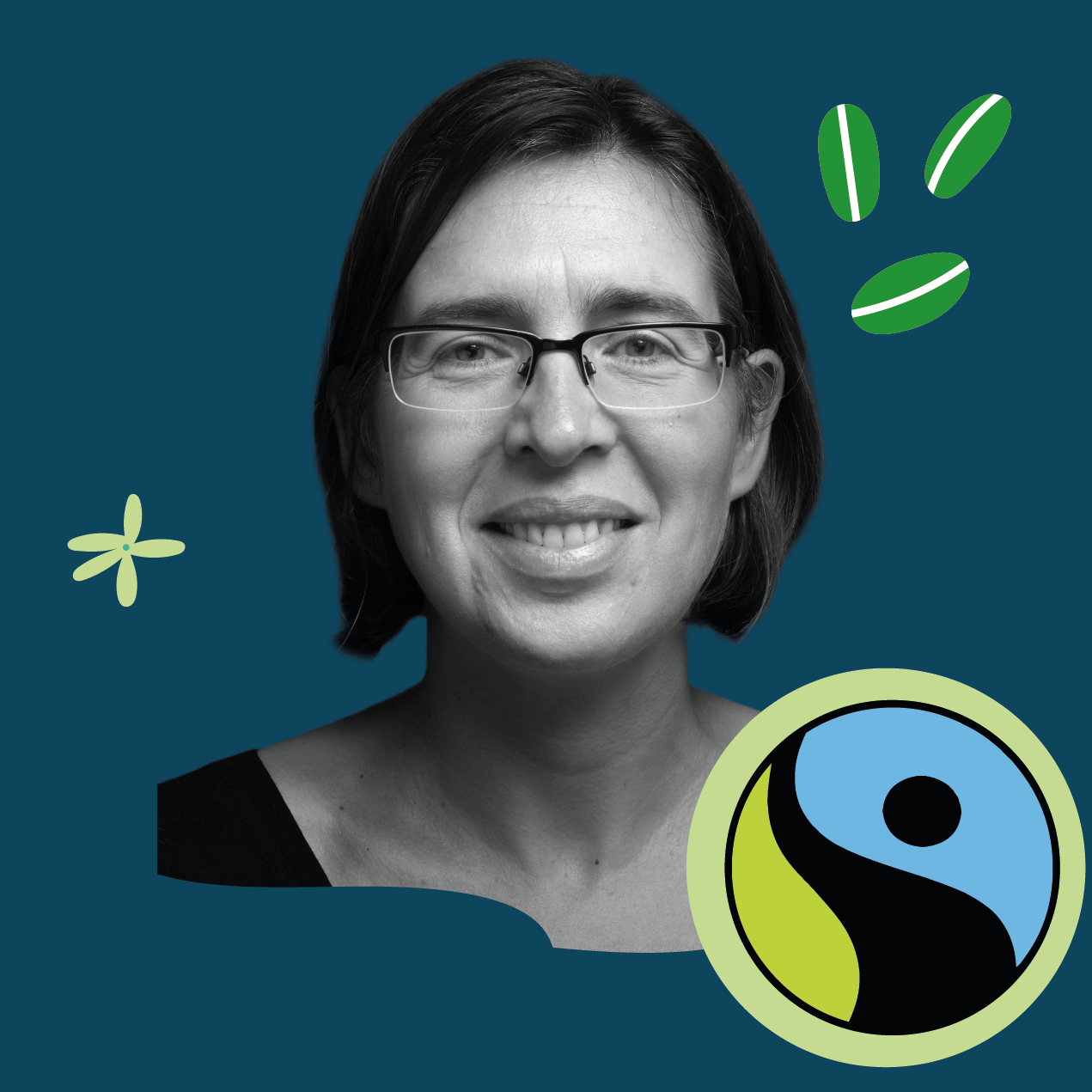
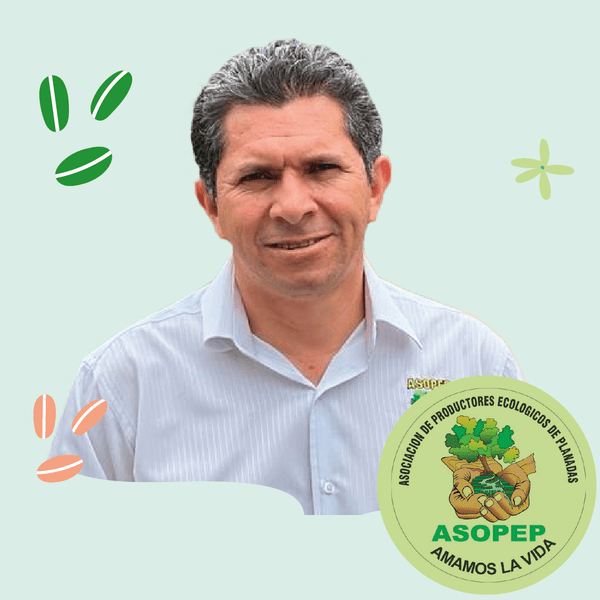
2:45 – 3:45 pm
Living income from the producers’ perspective
Market Access
Panelists: Felix Camposeco, ACODIHUE; Grayson Caldwell, Bellwether; Camilo Enciso, Asopep; Carla Veldhuyzen van Zanten, Fairtrade International
Moderator: Julie Francoeur, Fairtrade International
By anchoring green coffee prices to farm-specific costs of production and Living Income Benchmarks, we can close the living income gap for coffee producers worldwide and build a truly sustainable and fair supply chain. The Living Income Reference Price model is a holistic pricing model designed to meet coffee farmers’ livelihood needs and determines the minimum price farmers need to be paid for their coffee to achieve a living income.
Often, income programs for farmers are presented without the perspective of the participating farmers. To level the playing field on the conversation around Living Income, this panel will focus on the perspectives of two producers involved in a pilot led by Bellwether Coffee and Fairtrade in collaboration with Sustainable Harvest; Camilo Enciso, from Colombia, and Felix Camposeco, from Guatemala.
What you’ll learn:
- During this panel, we will reflect on the pilot’s successes and challenges and how we can scale models like this as a coffee community.
3:45 – 4:15 pm
Coffee Break

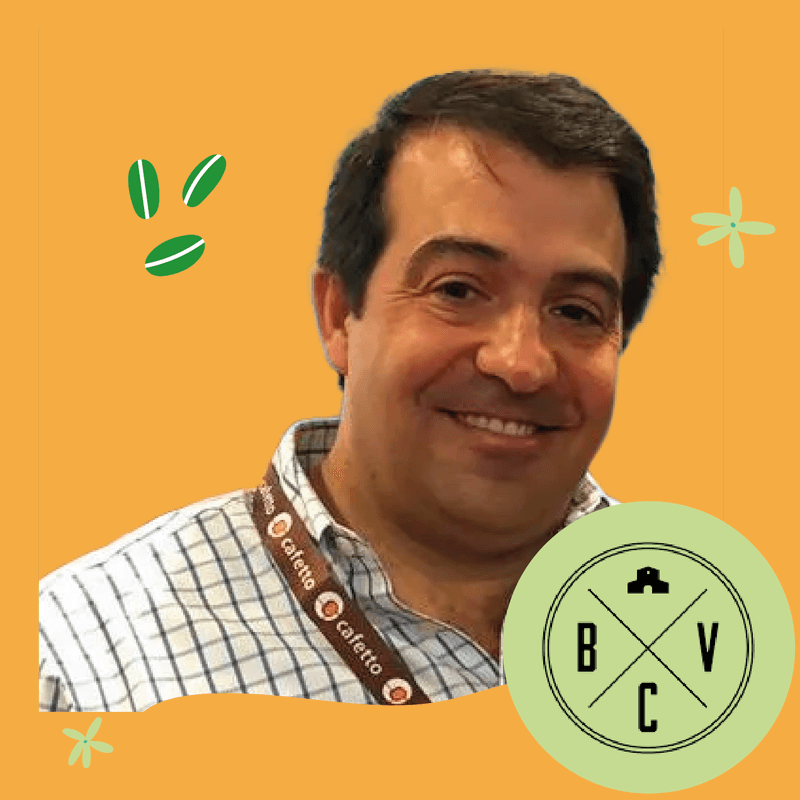
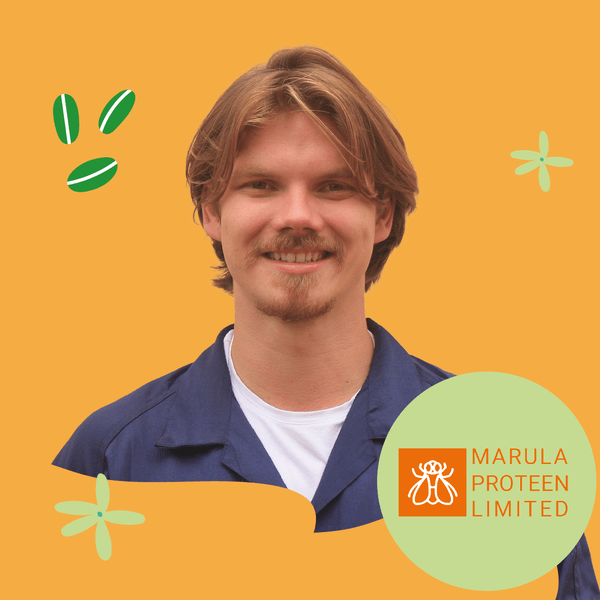

4:15 – 5:15 pm
Are Biological Solutions the Future of Coffee Agriculture?
Regenerative Agriculture
Panelistas: Lalo Perez, BUNA / Come Vital (Mexico); Tommie Hooft van Huijsduijnen, Proteen (Uganda), Luis Zelaya, Finca Bella Vista Antigua (Guatemala).
Moderator: James Harper, Filter Stories
Biological agriculture is the future of our modern food system, yet sometimes it might be a bit too romantic in the greater scheme of things. Not only because the transition to organic agriculture is very time consuming and expensive, but also because consumers haven’t yet fully jumped onboard with it. One thing we do forget – which Lalo Perez reminds us – is that “Biology is the best technology on Earth”. He has come up with a holistic biological approach to coffee (and many other crops), which in just one year, can render positive results by regenerating soil.
Tommie Hooft of Proteen will discuss the innovative use of black soldier flies to regenerate the soil, based on the project work in Uganda. They use city waste, coffee waste and other organic residues to create an organic fertilizer, which is being distributed to (coffee) farmers across Uganda. One of the many challenges has been the lack of knowledge farmers have in general about the function of their soils.
Together, we’ll hear from the creators and implementers to learn more about how to use biology to improve agricultural practices, increase yields, and lower costs.
What you’ll learn:
This panel will provide a comprehensive overview on what other approaches there are for integrating biological solutions so that farmers can produce sustainable coffee while transitioning into healthier and more climate-conscious farming.
6:30 pm
Cultural Night at Town Square
Thursday, February 23
7:00 – 8:30 am
Breakfast

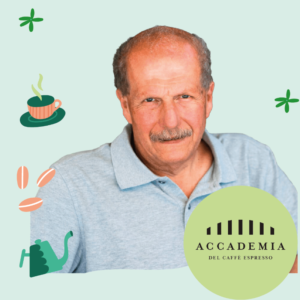
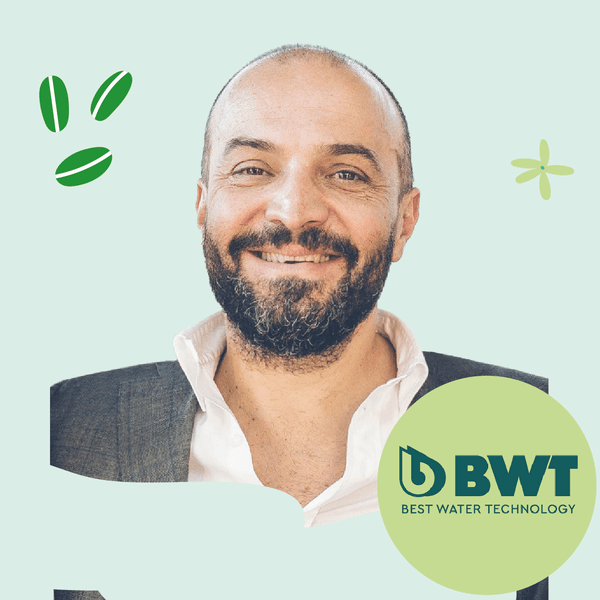
8:30 – 9:15 am
Accademia Del Caffè Espresso Education, the impact of water and the importance
of internal education for businesses
Innovation
Presenter: Nora Šmahelová and Massimo Battaglia, Accademia Del Caffè Espresso, Sergio Barbarisi, BWT
Part I by Massimo Battaglia and Sergio Barbarisi: Presentation of the research project “Control of water,fermentation
and traceability of Honduran coffee.”
During this presentation, we’ll hear from Massimo and Sergio on the importance of water quality in coffee, from fermentation to coffee preparation. At the end, there will be a “sensory experience,” where coffee will be brewed and served using a) traditional bottled water and b) the improved water with BWT. Attendees will put their taste buds to the test to analyze the importance of quality and minerals in water.
Part II by Nora: Presentation “Education 2.0”
During this presentation, Nora will give us a virtual tour of the Accademia Del Caffè Espresso laboratories and talk about the importance of machine manufacturers, like La Marzocco, paying attention to specialty coffee. In addition, she will explain the importance of sensitizing similar businesses about coffee and making internal education around it a priority for similar companies.
What you’ll learn:
- How coffee education and training has evolved, best practices, and techniques for hands-on learning
- The impact of water quality on the taste of coffee.


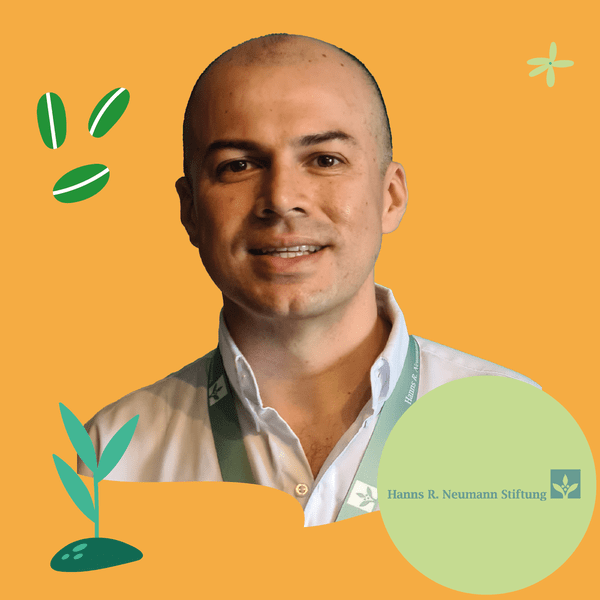
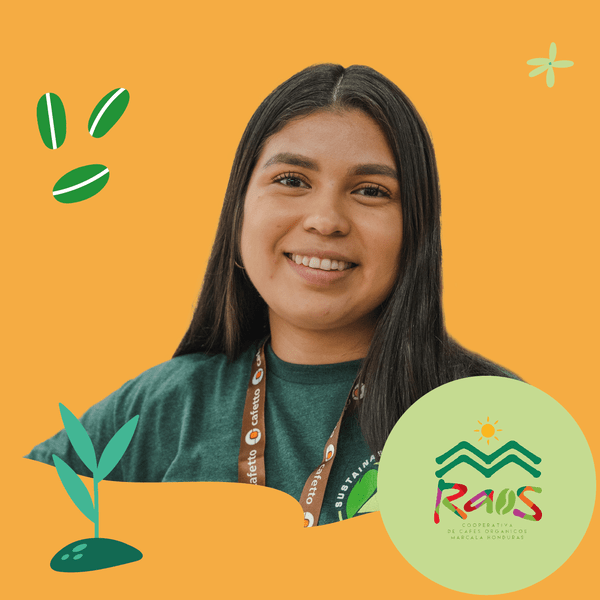
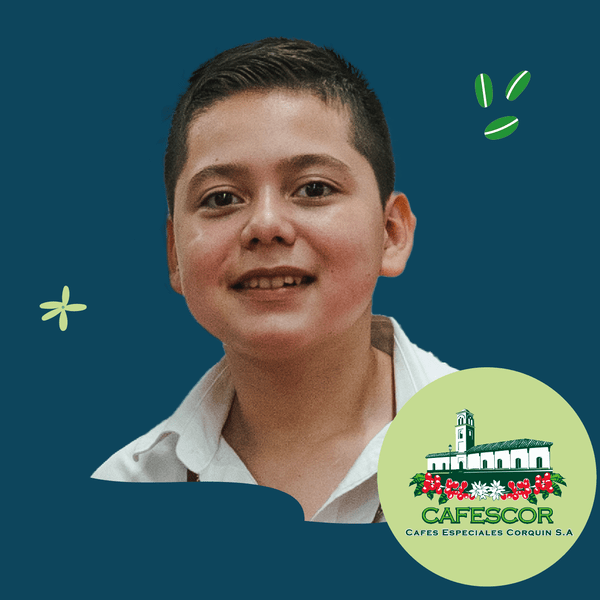
9:15 – 10:15 am
Climate Pioneers: NextGen Origin Perspectives on Climate Change
Climate Resilience
Panelist (s): Katherine Löfberg, Chair of the Coffee and Climate ICP Project; Karol Castillo, RAOS;Pablo Ruiz, Hans Neumann Foundation; Rosa Martinez, INLOHER.
Moderator: Guillermo Lopez, Cafescor.
Climate change is impacting farmers more and more each day, with changing weather patterns and extreme weather events on the rise. In Central America, a number of industry actors are taking action to prepare for what’s to come.
During this session, we will learn about the work being done to implement climate-smart agricultural practices, as well as initiatives being taken around the topic. We will learn about the vision of young people on the climate problems faced by producing countries and some initiatives that are being sought to be implemented, which aim to contribute to improving and sustaining the lives of small-scale farmers, diversifying beyond coffee production, and mitigating the immediate impacts of climate change.
What you’ll learn:
How different actors across the supply chain, from cooperatives to NGOs, are combating climate change in coffee
10:15 – 10:45 am
Coffee Break
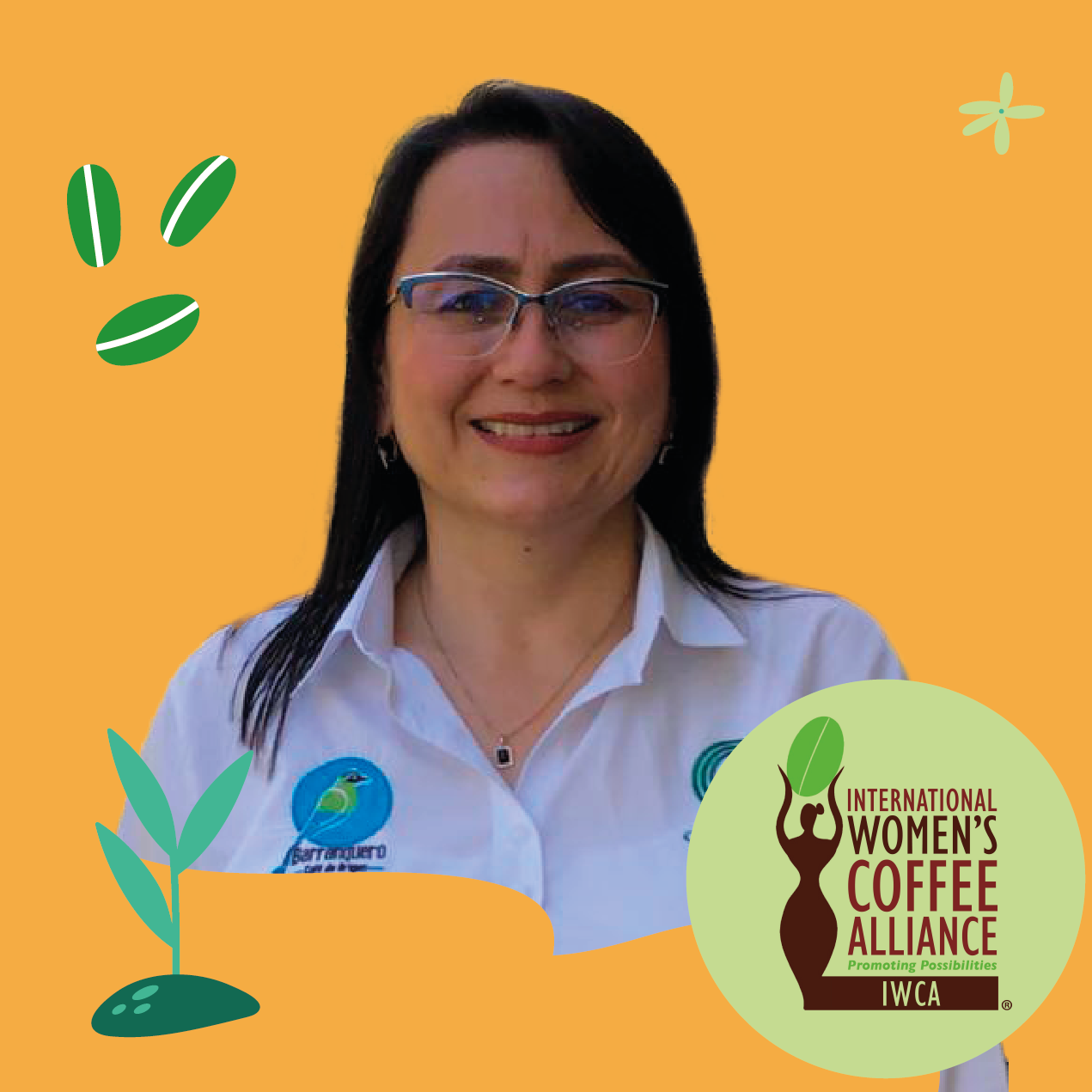
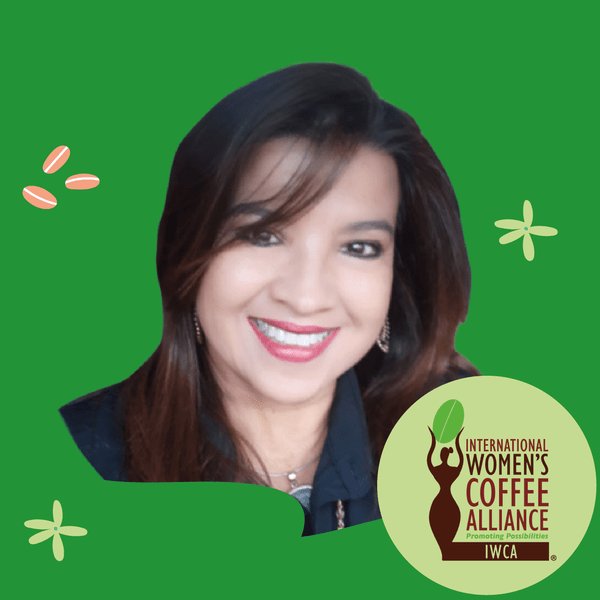
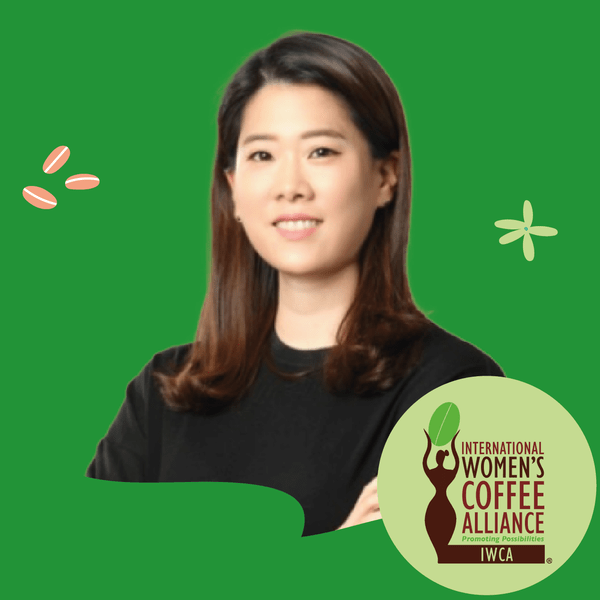

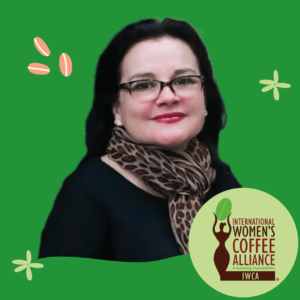
10:45 – 11:45 pm
Women in Coffee Examine The Harvest Migration Crisis
NextGen & Gender Equity
Introduction: Lauren Grace Jones, University of California Berkeley
Panelist (s): Sarah Kim, IWCA South Korea Chapter; Lilia Cardona, IWCA Colombia; Carla Flores-Gomez, IWCA Honduras
Moderator: Blanca Castro, IWCA Global
The International Women’s Coffee Alliance (IWCA) has been around since 2003 when a group of women from Costa Rica, Nicaragua, and the US came together to empower and connect women in coffee. Today, they are a global network with IWCA chapters in over 30 countries.
This Next Generation of IWCA wants gender equity, but more importantly, they want to take action on fundamental issues impacting women in coffee. Such as the issue of rising migration and acute labor shortages for the coffee harvest.
During this panel, IWCA chapter leaders will speak to how migration is affecting women in coffee, particularly in Central America. While many flee north, women are left to sustain households, farms, and even communities. Migration is a key issue in coffee and is increasingly common in the Northern Triangle region, where Honduras, El Salvador, and Guatemala meet. Though it is often overlooked, the issue of migration disproportionately impacts women and girls who are left in producing countries to carry out the harvest. Several IWCA groups have devised innovative ways to address the migration problem, as husbands, family members, and even children continue moving north in search of a better livelihood.
What you’ll learn:
- In this panel, we will learn about the current coffee migration crisis and how many people it is impacting
- We’ll hear from next-generation women leaders from global IWCA chapters on how they are facing the issue with new solutions
- We will explore how IWCA in consuming countries can find ways to support their suppliers with programs and resources to help reduce the challenges women face when men and youth head north
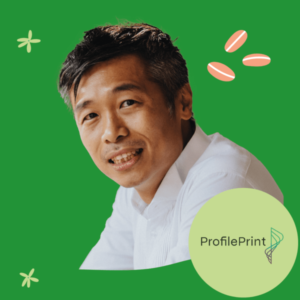
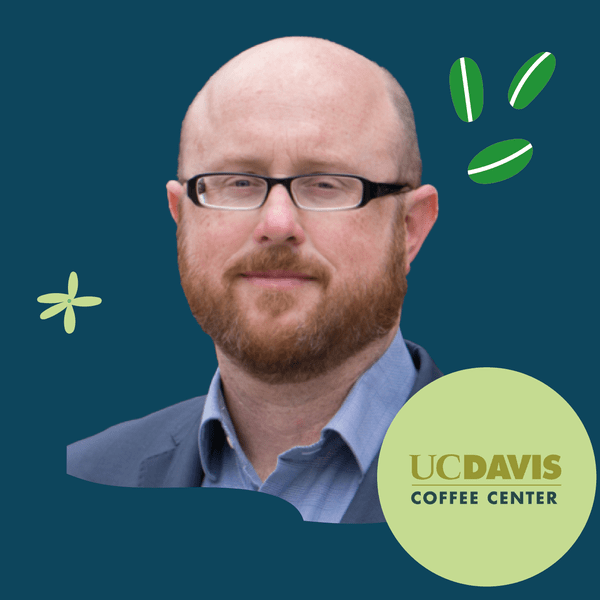
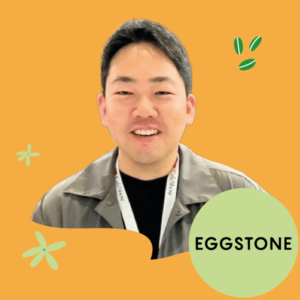

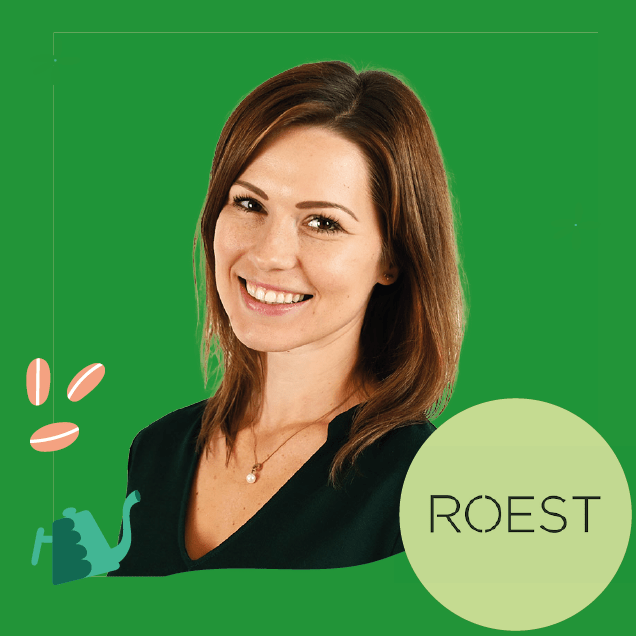
11:45 – 12:45 pm
How do we build more data-driven coffee supply chains?
Sensory Science
Panelist (s): Alan Lai, ProfilePrint; Ji Hoon, EGGSTONE; Peter Roberts, Emory University; Bill Ristenpart, UC Davis Coffee Center.
Moderator: Veronika Bolduc, ROEST
As data and technology evolve, more and more mechanisms are being developed to evaluate the quality of coffee – from cherry to green bean and final cup profile. What if technology can extract more data on coffee quality than a Q Grader or a barista – before it’s even roasted?
New technologies and machines, driven by data science, are now able to determine the taste potential and quality of green beans. We’ll also explore coffee telemetry – systems that collect data from coffee equipment. Together, these tools provide much deeper insight into coffee quality and how we control it along the supply chain. With the potential to change how we approach coffee quality, coffee, and tech professionals share their insights on how the technology works, how it is currently being implemented, and what they envision for the future as we approach the era of humans versus machines in coffee.
We will also be using ProfilePrint and EGGSTONE technology during the cupping at Let’s Talk Coffee.
What you’ll learn:
- New technology to extract data from coffee equipment and analyze green beans
- How these new technologies can be implemented to improve quality control and how they might change the future of coffee quality control
12:45 – 2:15 pm
Lunch
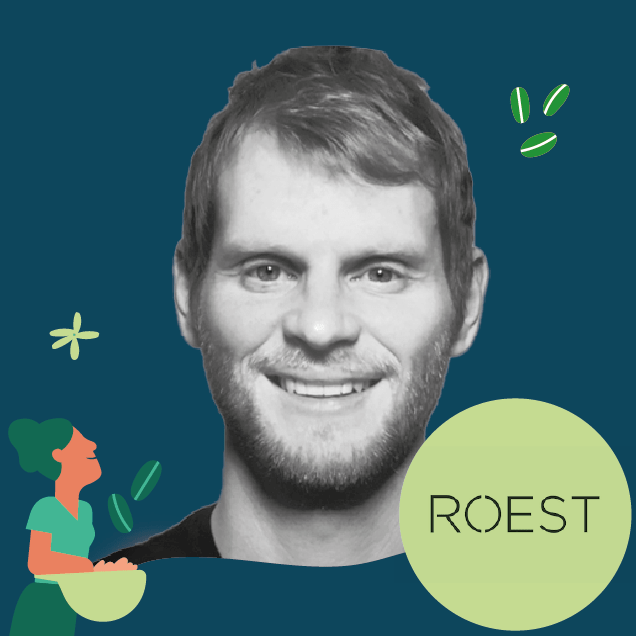
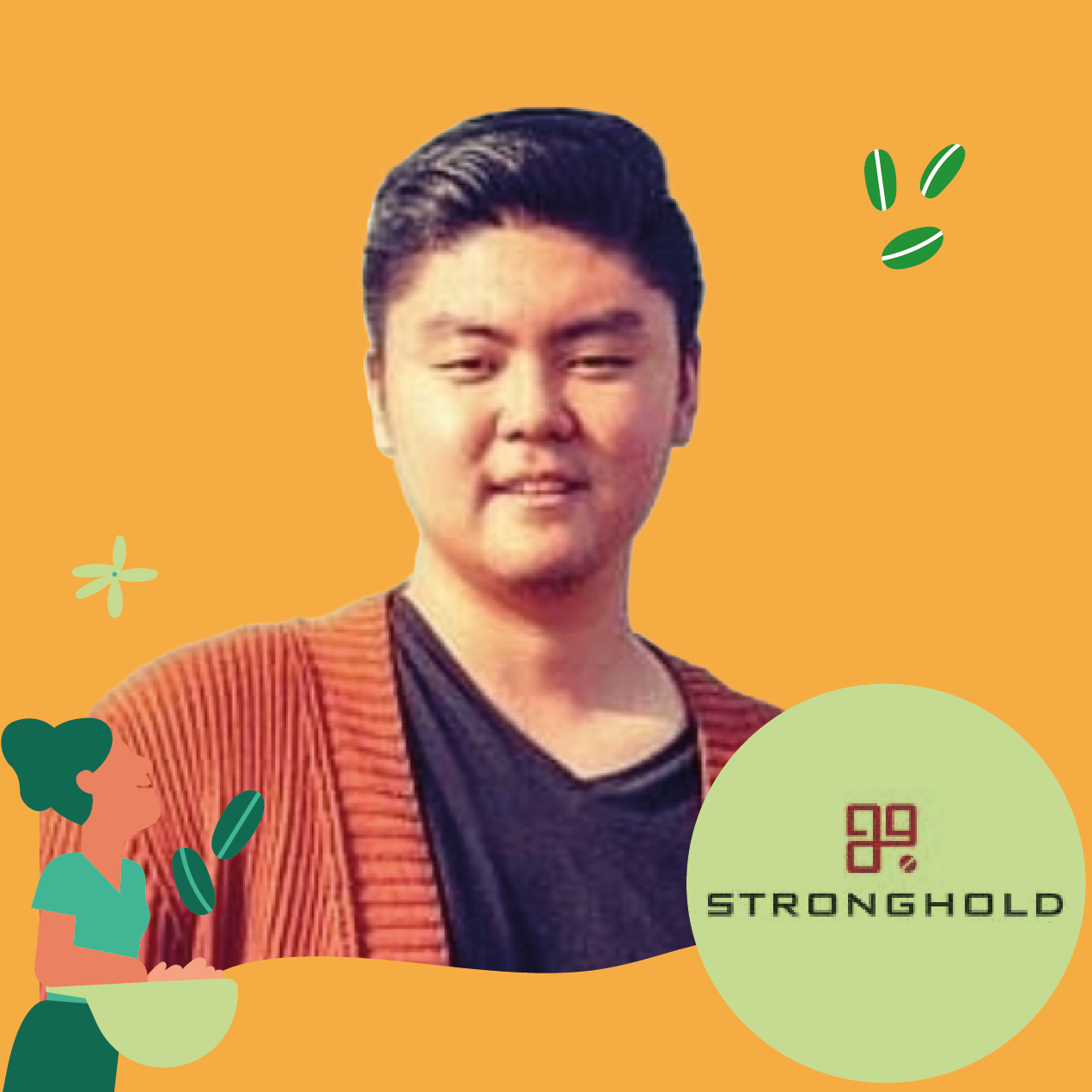
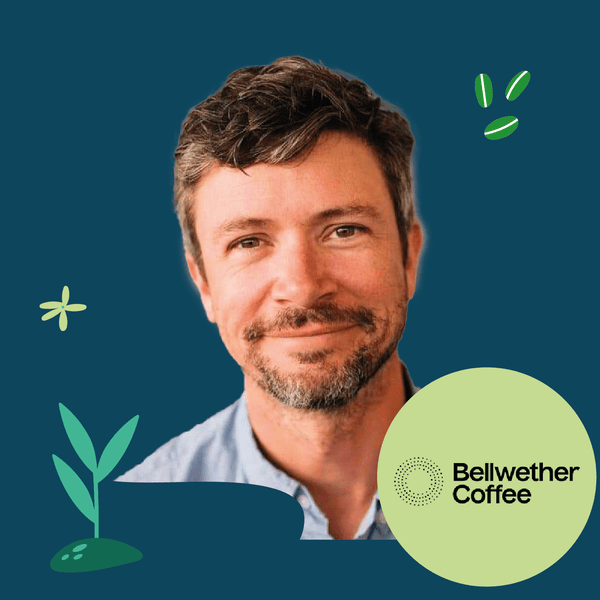
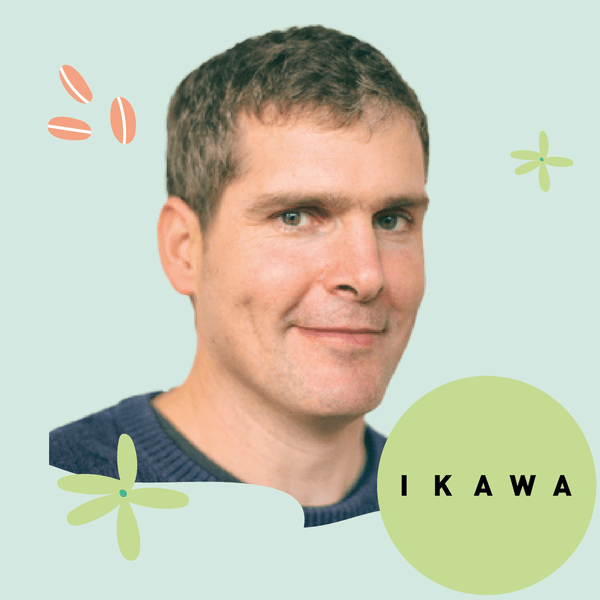
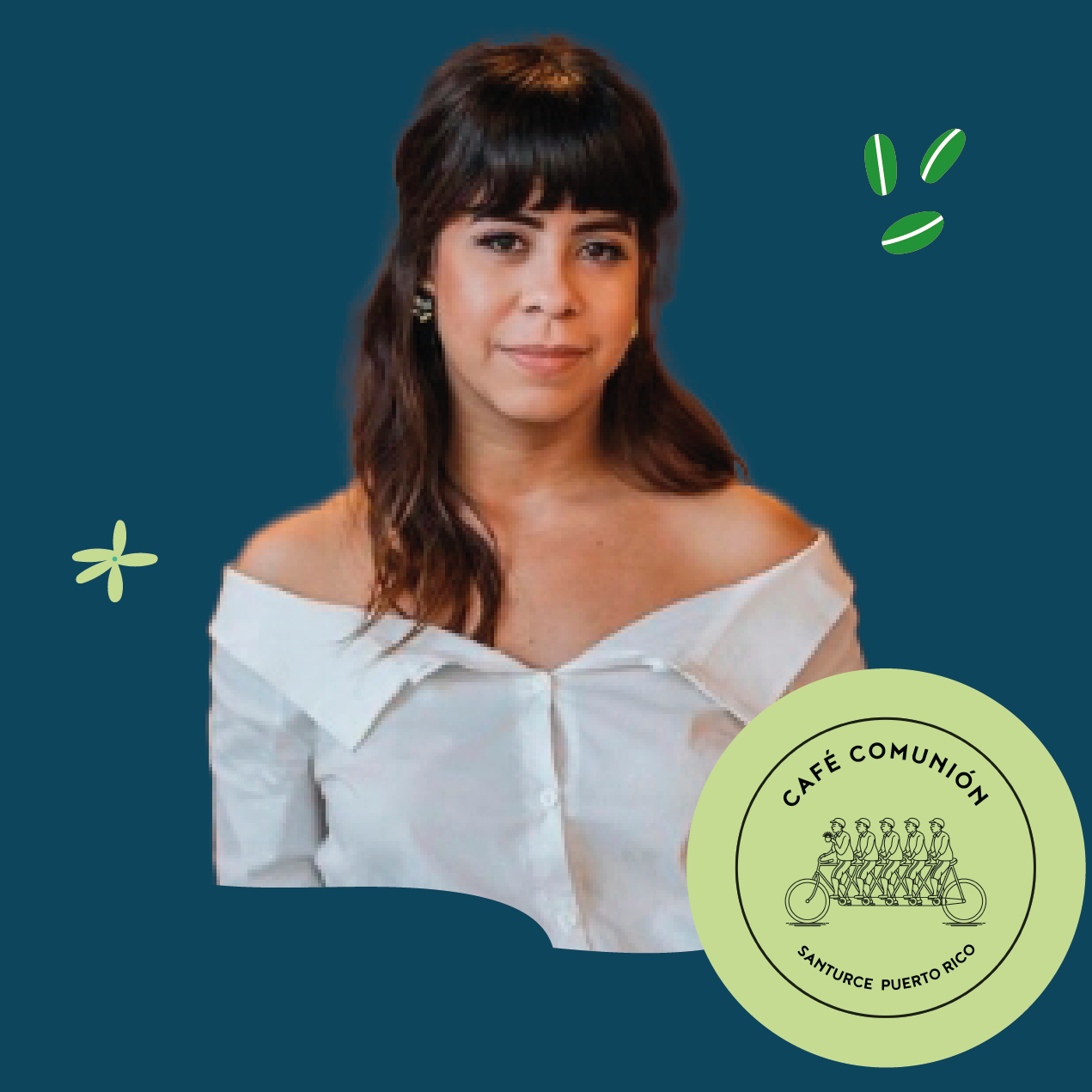
2:15 – 3:30 pm
What will be the impact of electric roaster technology?
Sensory Science
Panelists: Arno Holschuh, Bellwether; Trond Simonsen, ROEST; Andrew Stordy, IKAWA®; Alex Lee, Stronghold Technology, Inc.
Moderator: Karla Quiñones, Café Comunión
While sustainability efforts have long been imposed upon producers, today, coffee roasters are stepping up to do their part in making coffee more sustainable across supply chains. With evolving technology, it is possible to reduce the amount of energy it takes to roast our daily cup of coffee.
During this panel discussion, we’ll hear from three influential and pioneering renewable energy coffee roaster companies talk about the role of technology and the bright future of craft specialty coffee roasting. They’ll share insights on their technology, carbon footprint reduction, and what’s on the horizon for climate-smart roasting.
What you’ll learn:
- How to implement smart-roasting technology
- Alternatives to carbon footprint reduction
